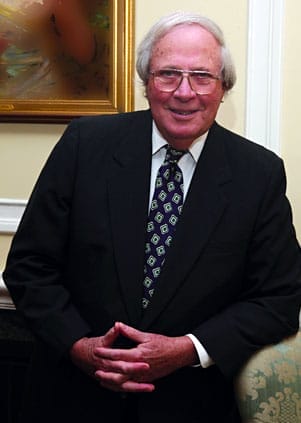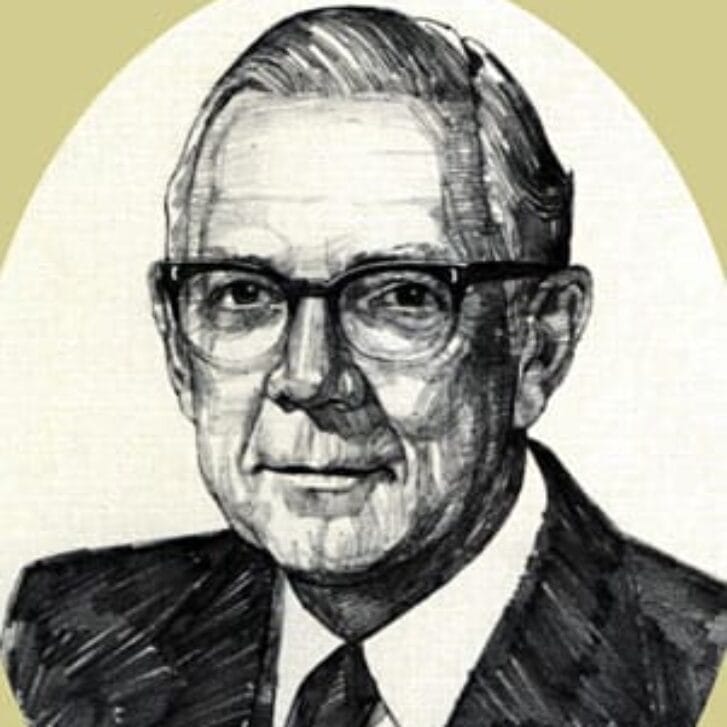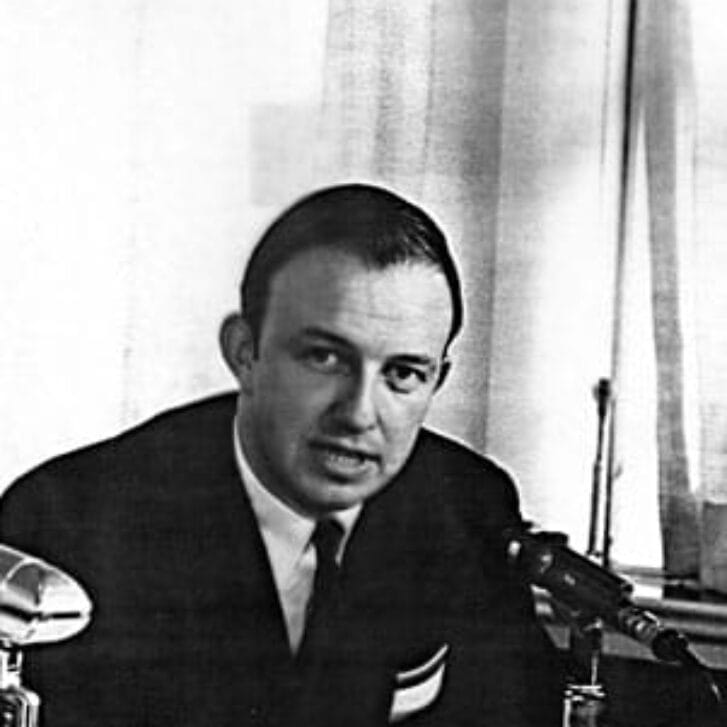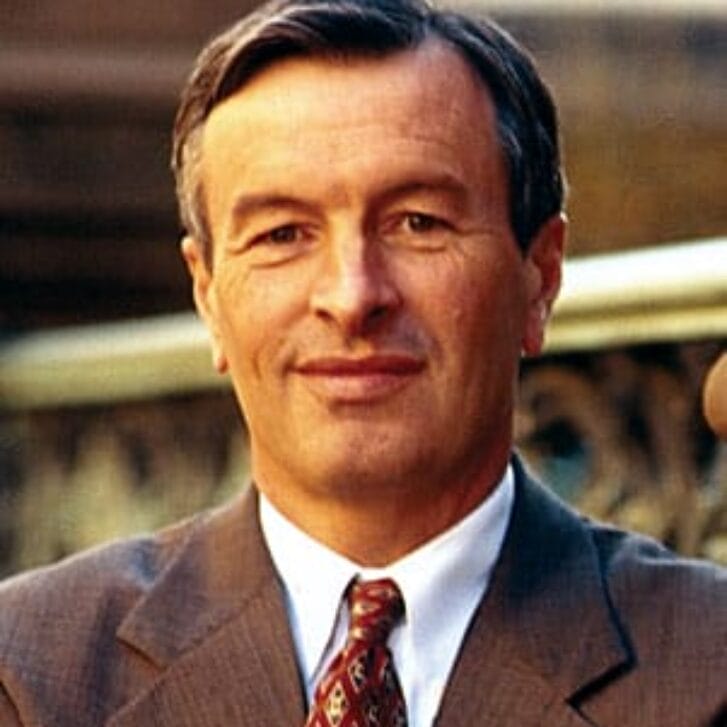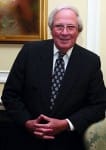 When Stanley Goldstein started a new business with his brother, Sidney, and a friend, Ralph Hoagland, he picked a name that he thought said it all, “Consumer Value Stores”—CVS. The main idea of success in business, Goldstein thought, was to be aware at all times what consumers wanted and to give them value in the process. By the time he retired from the board of CVS in 2006, it was the largest drugstore chain in the U.S. with more than 4,000 outlets.
When Stanley Goldstein started a new business with his brother, Sidney, and a friend, Ralph Hoagland, he picked a name that he thought said it all, “Consumer Value Stores”—CVS. The main idea of success in business, Goldstein thought, was to be aware at all times what consumers wanted and to give them value in the process. By the time he retired from the board of CVS in 2006, it was the largest drugstore chain in the U.S. with more than 4,000 outlets.
In 1963, though, the Goldstein brothers didn’t feel successful. Their health and beauty products distribution firm was barely breaking even. Hoagland was a Procter & Gamble salesman, and the three wanted something dynamic and new. They opened up their first CVS in Lowell, MA, a working-class Boston suburb, and were able to capitalize in two ways. Hard workers were being laid off as manufacturing businesses were shutting down, and pricing controls on drug items were being eased. Goldstein decided to pay workers a little bit more than his competitors and provide other amenities, like health insurance coverage and much-anticipated holiday parties.
“We just used common sense in the way we treated people,” Goldstein told a Knight-Ridder reporter when he retired. “We became a preferred place to work.” CVS quickly grew to a chain of three dozen stores before the Melville Corp., a specialty retailing chain run by Francis A. Rooney Jr., W’43 (see p. 58), acquired it for $12 million in 1969. Goldstein stayed on as president, and in 1987, became CEO of Melville.
He soon determined that Melville’s expansion had become unwieldy. He sold off or closed all but CVS, eventually shedding the Melville name as well. He moved the company back to his hometown of Woonsocket, RI, and by the time he retired as CEO in 1998, it had $15 billion in sales and more than 100,000 employees. After retirement, even while still on the CVS board, Goldstein started a foundation for education reform. A former Wharton Overseer, he hopes to improve both public and private schools in inner cities and other areas in need.




















